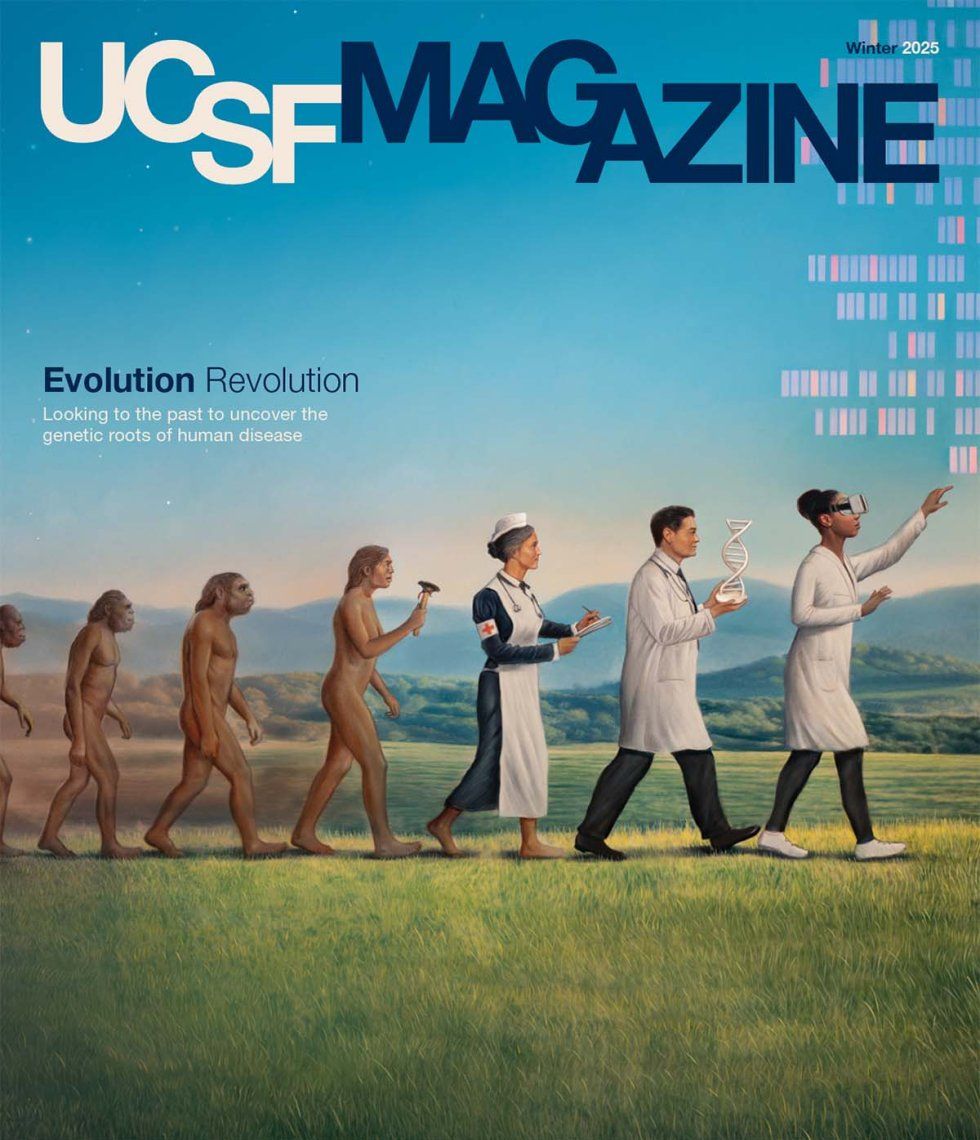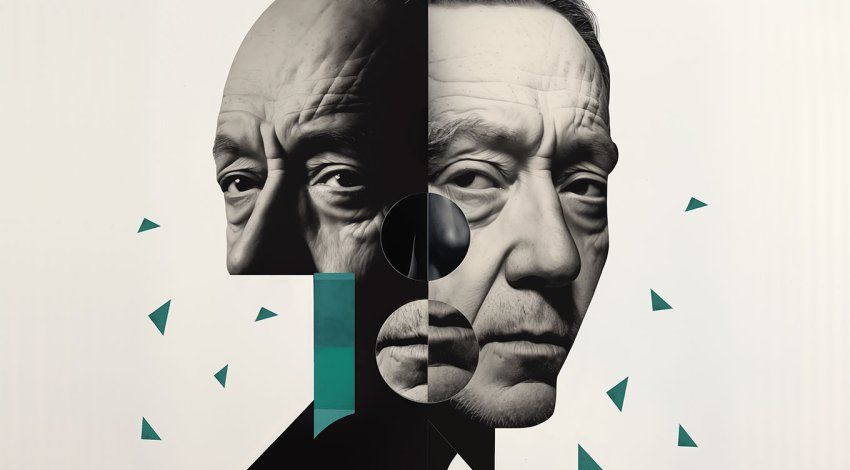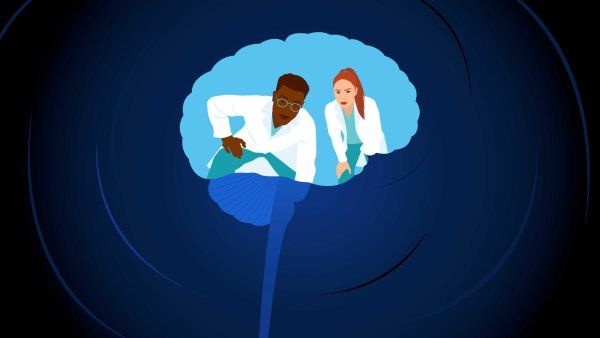
How Do I Prepare Today for Healthy Aging Tomorrow?
Here’s how to plan for a vibrant future.
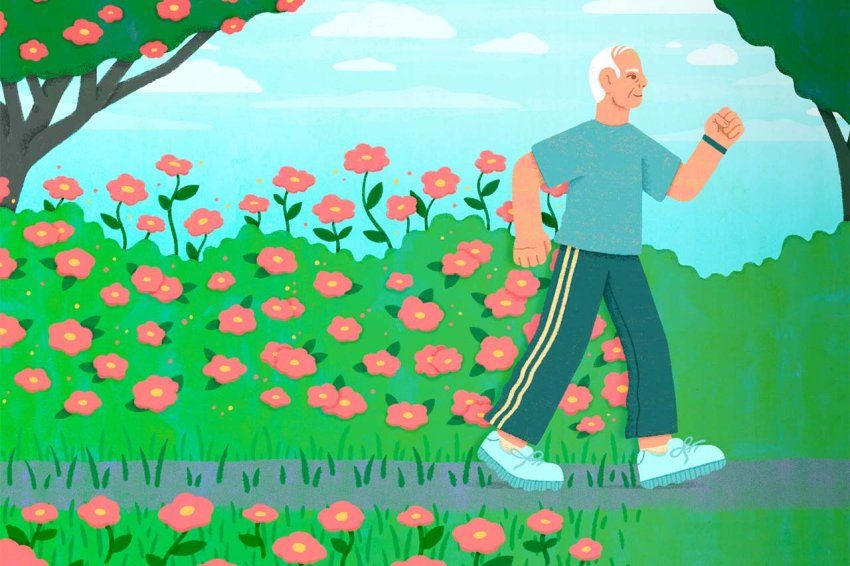
We asked UCSF’s Louise Aronson, MD, and Courtney Gordon, DNP, how to plan for a vibrant future as we age. Aronson is a geriatrician and author of the New York Times bestseller Elderhood: Redefining Aging, Transforming Medicine, Reimagining Life, a finalist for the Pulitzer Prize. Gordon is a geriatric and palliative care nurse practitioner with UCSF’s Care at Home program, which served 100 patients when she joined in 2011 and now serves 500.
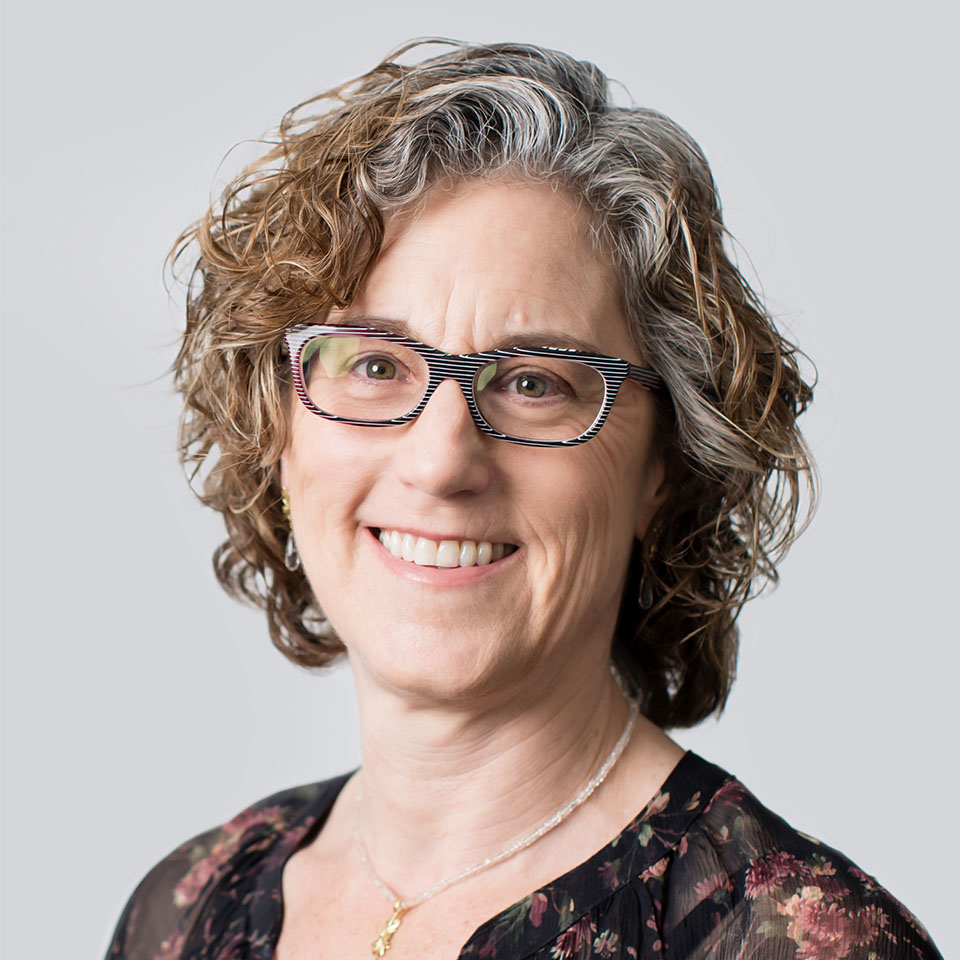
Professor of Medicine
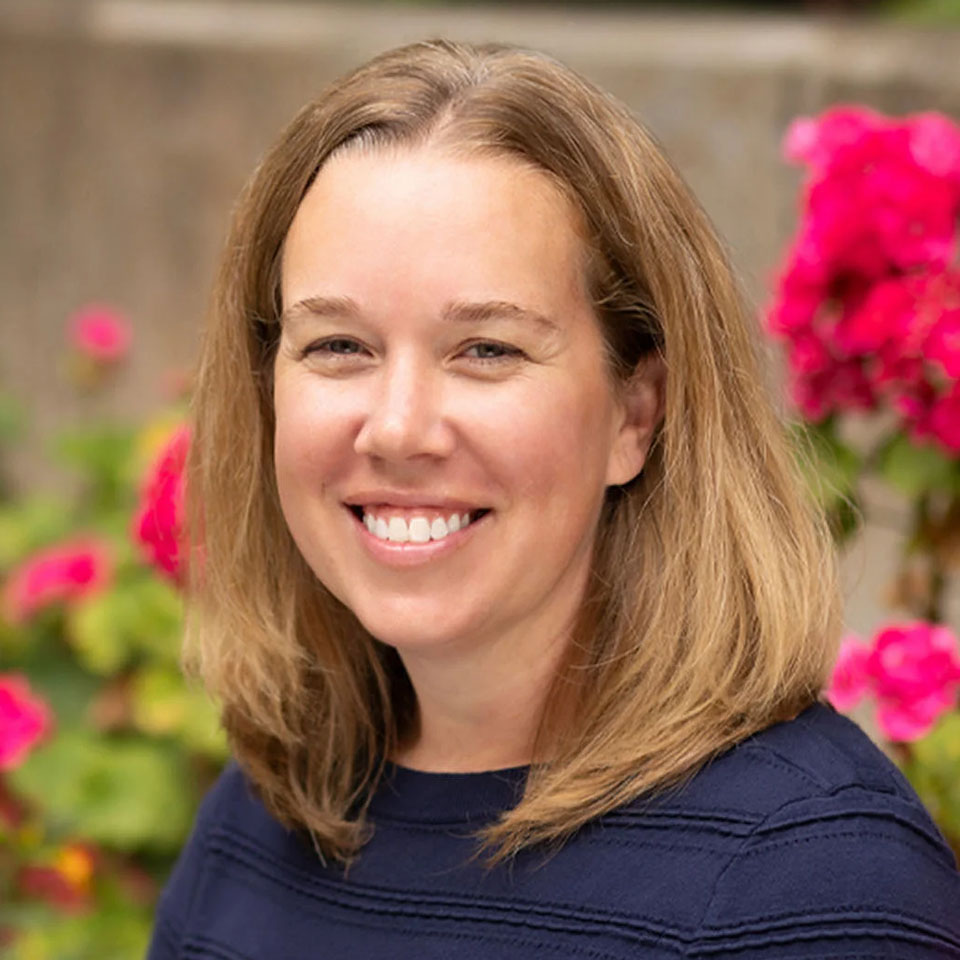
Nurse Practitioner
How soon should I start planning for my older years?
Aronson: It’s never too early or too late. Even a 75-year-old lifelong couch potato can benefit from walking a bit and cutting back on processed foods. They’ll have less pain, better-managed chronic conditions, and improved function and will likely live longer. You can start at any age, but sooner is better. Then you’ve got to keep it up, unfortunately. It’s a bit like dusting or weeding. You do it, it feels good, and then there’s tomorrow.
Gordon: If you know certain conditions run in your family, like high blood pressure, depression, or diabetes, you can be proactive now with diet, exercise, and appropriate medications. We’ve learned so much about nutrition, even in the past couple of years. The people I see who live long, healthy lives all practice moderation. They didn’t cut things out, but they didn’t overindulge either. It was a balance.
How should I prepare?
Aronson: Address the fundamentals, which are pretty much the same at all ages. The earlier you pay attention to movement, nutrition, sleep, stress management, and social connections, the greater your chances of healthy aging and longevity. Obviously, life has stressors we can’t control, but minimize those you can. For unavoidable stress, learn tools for lowering it because stress hormones lead to inflammation. Inflammation leads to chronic disease. Chronic disease leads to trouble, including death.
Gordon: In palliative care, we ask our patients, “What brings your life joy?” I’m not sure we ask that question in midlife because we’re so focused on our careers or families. But I think we should step back and ask, “What does bring me joy?” Aging is a gift. If we’re fortunate enough to keep aging, it’s important to consider what brings us joy while we’re still young.
It’s a gift to be able to keep getting older. There’s no magic pill.”
Does it matter where I live?
Aronson: Yes, it does. Where a person lives can correlate with their socioeconomic status and access to health care and community services. We live in a country that is rife with inequities. There are places in the Dakotas or even near Palo Alto, for example, where adjacent communities have a 15- to 30-year difference in lifespan. That shows this isn’t about biology – it’s about policy priorities and some people mattering more than others.
What if I don’t have children to support me?
Aronson: We’re seeing many more “solo agers” these days. So I say: Pay it forward while you’re young. Do things for older people now to create a culture where we take care of people, whether or not we’re related. Also, make sure you have younger friends. If you’re living into old age, a lot of your friends and family will die. If you don’t start making new friends, you’ll run out of support.
Gordon: Having children doesn’t guarantee support. Many people think, “I have a kid, so I’ll have a guaranteed caregiver.” But I don’t see that in my work. Children don’t equal a qualified or capable caregiver. Whether you have children or not, planning for your future is crucial. How do you envision your aging process? Do you want to go to a retirement community, or do you want to stay in your home? Do you have a partner or friends you want to keep close to? It’s all about thinking through how you see your later years and preparing yourself. Obviously, the financial piece is huge. The cost of aging, whether it’s hiring care or moving into a facility, is so high. Plus, we’re often on a fixed income as we get older. It’s so important to be aware of all this.
What if I have limited resources?
Aronson: With limited income, balancing your present versus your hypothetical future is tough. Many people will quite understandably pick the present. Start saving early and consider living in supportive communities, co-housing, or communal housing to reduce costs. Downsize sooner rather than later. Consider getting involved in your town. How can you help people age in place? How can we create the social and community support needed to get what most of us want – to age within the community, not segregated in a warehouse?
What are the biggest risks to my well-being?
Aronson: Not moving, eating tons of processed sugary foods that cause inflammation, not getting enough sleep, using substances, and being constantly stressed without developing effective coping methods. It’s best never to use tobacco or drink excessively. If you’re going to use substances, do so rarely and in moderation. None and never are best, but few of us live up to that ideal.
Basically, it’s things people don’t do. I see people get arthritis and believe they must stop exercising, whereas the opposite is true. People need to take up strength training. If your balance was never your strong point, do balance-related exercises by 50 and strength training by 60 at the latest.
If you develop a chronic condition – be it arthritis, high blood pressure, or diabetes, or you gain weight in midlife as so many of us do – don’t just say, “Oh well, this is aging.” You can do things that will make a huge difference. Sometimes, you can reverse the condition. Even if you can’t, you’ll still be healthier. Investing in the fundamentals will reduce the adverse consequences on your ability to function in life.
Any surprising observations from patients?
Gordon: Many people I meet say that where I’m at – two kids in school, a career, essentially the middle of my life – was the happiest, best time for them. Not necessarily the easiest, but the period they’d choose if they could go back. I find this fascinating because I’m always stressed out – as many of us are. But most folks say their lives were meaningful then, surrounded by friends, family, and work. So, pay attention to where you are right now – it may be the best time of your life. It’s great to look forward, but let’s also be in the moment.
So, what’s the secret to aging well?
Gordon: In our caseload now, we have 14 folks over 100. I ask, “What’s the secret?” Nobody has the answer, but there are some commonalities. Most were physically active. Many have a sense of humor, or they just don’t take things too seriously. They enjoy life along the way, realizing it goes fast, and it’s a gift to be able to keep getting older. There’s no magic pill. I believe we shouldn’t be so antiaging – we should enjoy it.

